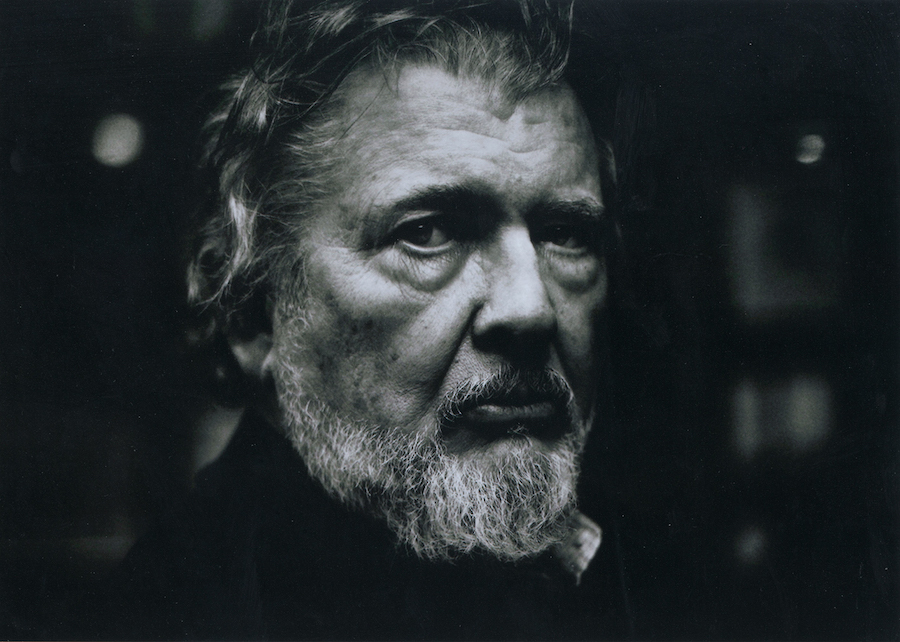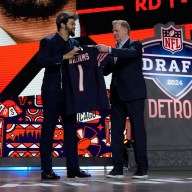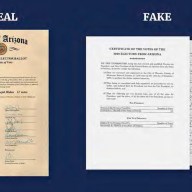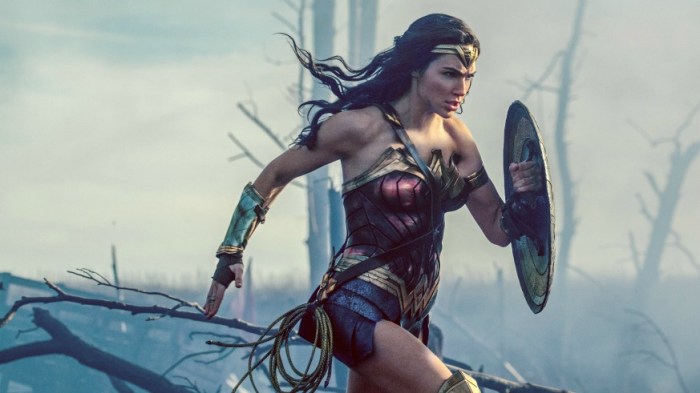Walter Hill knows “The Assignment” is controversial. Since premiering at the Toronto International Film Festival last fall — hell, even while it was being shot — the latest from the legendary filmmaker (“The Warriors,” “48 Hrs.,” also “Deadwood”) has been a magnet for outrage pieces, which have accused the film of being transphobic. The plot? Michelle Rodriguez plays a very macho and very male hitman named Frank Kitchen who’s kidnapped, drugged and surgically given female parts by a vengeful mad scientist (Sigourney Weaver).
Hill didn’t go into “The Assignment” to attract scandal. For him, it’s just another of his lurid potboilers, not a commentary on trans people. Besides, technically its anti-hero isn’t even trans. Frank may have swapped gender parts, but he still identifies as male.
“I don’t think it has anything to do with that subject,” the 75-year-old filmmaker tells us. When the pitchforks first came out, Hill was asked to issue a statement. He declined. “I just said, ‘The movie will be my defense.’ And it is. Although I guess I’m conducting a defense at the moment.”
He’s talking about it now, though, with a mixture of pride and trepidation, a little weary from being raked over the coals. He tries to choose his words carefully, but it’s clear what irks him isn’t an era when we’re newly sensitive to trans portrayals. He’s more annoyed that people jumped to wild assumptions before the film was even completed.
“I think people who have not seen something and attack it — a book, a movie or whatever — that’s pretty flimsy intellectual ground to be standing on,” Hill says. “I don’t think it’s very conducive to brilliant dialogue on the subject. It doesn’t open up an interesting debate to me.
“I’m not a comfortable polemicist by nature. I’m a storyteller and a movie guy,” he says.
Besides, “The Assignment” is anything if realistic. “It’s a genre movie about revenge. It’s a neo-noir. It’s a graphic novel-comic book world,” Hills explains. “I thought of it as a king-sized ‘Tales from the Crypt,’” he adds, citing HBO’s old horror anthology show, for which he directed three episodes.
That doesn’t mean it’s braindead. Any fan of trash filmmaking — a term we use as a compliment, mind you — knows that they’re great for slipping in deep, transgressive ideas. A great genre film delivers the goods as well as troubling food for thought. A noble, Oscar-baiting drama wouldn’t go the places “The Assignment” does.
“I like turning an idea into something more than the simplest of moral lessons,” Hill says. “I’m always struck by how deep and complicated the simplest stories can be. I like simple stories that seem to be simple. The moral complications of what seems to be the simplest of stories are enormous.”
If “The Assignment” is critical of anything, it’s of masculinity, with Frank suddenly the recipient of physical and sexual abuse by the lesser gender.
“One of the reasons I wanted to do this thing is I got tired of everybody telling me I was really good with guys and macho bulls—,” explains Hill. “I always said my movies were anti-macho, but nobody ever noticed it.”
Sure enough, the majority of Hill’s films revolve around man’s men. Then again, Hill also co-wrote the first “Alien” (as well as the third), which means he helped create the pioneer of the blockbuster female badass, Ellen Ripley, played by Hill’s “Assignment” co-star Sigourney Weaver. (This is surely one of the strangest movie reunions ever.)
“We thought [“Alien”] worked much stronger with a female lead— that having the alien versus a woman was a much more terrifying situation than it would have been with a big, tough, macho guy,” Hill recalls.
On top of that, Weaver was an unknown. After they convinced execs to make a big monster movie with a female hero, they had to steer them away from the idea of casting someone famous.
“We felt just as strongly that if you had a very well-known movie star, it became a foretold situation — a victory,” Hills says. “The jeopardy wouldn’t’ be quite the same if you had somebody unknown. We really wanted the audience to feel that there was an open-field situation. We were going to kill people that you really liked, which we did consistently, and all bets are off.”
Still, it was tough getting a studio to sign off on a total unknown, and for a director, Ridley Scott, whose only previous film “The Duellists” had grossed, as Hill says with a chuckle, “about a hundred thousand dollars.” Scott had to shoot a test scene with Weaver, which he then showed to Fox honcho Alan Ladd Jr. The producer was notable at the time for bankrolling films about women, like “Julia” and “The Turning Point,” so a female-led “Alien” was in his wheelhouse. Hill says he wasn’t there when Ladd Jr. watched it, but he heard about how it went down.
“They watched it, and Laddy looks over at one of the secretaries. He says to her, ‘What did you think?’ And she says, ‘Oh, I loved her, she really reminds me of Jane Fonda,'” Hill says, laughing. “Laddy goes, ‘Oh, alright, make the movie.’ And that’s how she was cast.”
“Alien” has had a hell of a lifespan, especially considering it was the darkest film to emerge from the initial wave of post-“Star Wars” sci-fi fare.
“We used to say ‘Star Wars’ was The Beatles and we were The Rolling Stones,” he says, chuckling.
And yet Hill hasn’t been involved with the franchise since 1992’s “Alien 3.” His name’s still on them all, including the forthcoming “Alien: Covenant,” for contractual reasons.
“Most of them, I haven’t read the scripts and in many cases not even seen the films,” Hill remarks. “If the new one is wonderful, I’m sorry to say I had nothing to do with it. And if it’s a terrible flop, it’s not my fault.”
Follow Matt Prigge on Twitter @mattprigge

















